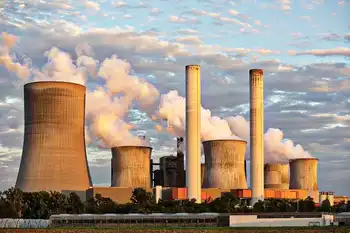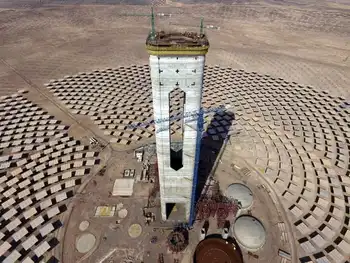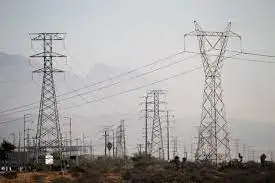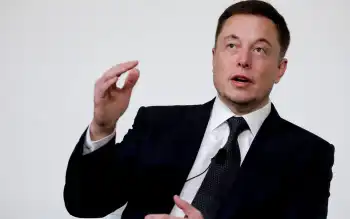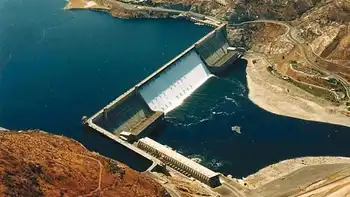The Obama boost of cash not coming soon
By Reuters
NFPA 70e Training - Arc Flash
Our customized live online or in‑person group training can be delivered to your staff at your location.

- Live Online
- 6 hours Instructor-led
- Group Training Available
Billed as a solution that will create jobs and reduce the nation's consumption of energy produced by dirty fossil fuels, investments in efficiency are taking center stage this year, at least in the political debate.
The $825 billion economic stimulus plan unveiled by Democrats pledged $32 billion to upgrade the nation's power transmission grid, $16 billion to retrofit public housing to use less energy, and $6 billion to weatherize modest-income homes.
Analysts and investors say companies from big conglomerates such as Honeywell International Inc and Emerson Electric Co, which make heating and cooling systems for buildings, to small, technology-focused companies such as Itron Inc and Echelon Corp, which make advanced electrical meters, and Cree Inc, a maker of efficient LED lighting, will benefit from big federal investments in efficiency and improvements to the grid.
Shares of Itron and Echelon, for instance, each rose 6 percent after details of the proposed stimulus plan's support for grid upgrades were announced.
Most analysts, however, do not expect to see an overnight surge in new contracts and revenue.
"These are big infrastructure changes that require a lot of manpower, a lot of money and time to roll them out," said Heather Daniell, energy efficiency analyst at London-based research firm New Energy Finance. "It is going to take quite a long time to see some kind of effect."
Money for building improvement projects that can be done relatively quickly and cheaply is likely to be the fastest to be used, though even big orders from the government will not be enough to offset the sharp drop in demand manufacturers have seen in the last year.
"The government spending might start to show up in the second half of the year, but at the same time we've seen some pretty significant capital spending cutbacks from the private sector," said Matt Collins, an analyst who follows conglomerates for Edward Jones. "The government spending will soften the downturn, but it won't turn it into positive growth this year."
Nevertheless, Collins said old economy manufacturers including United Technologies Corp, Johnson Controls Inc and General Electric Co, in addition to Emerson and Honeywell, would all benefit from a global push toward energy efficiency that will come mainly from the private sector once the worldwide economy turns around.
"There was a little bit too much hype over the Obama infrastructure plan," Collins said.
One investor said he is also taking a longer term view, banking on old line manufacturers 3M Co and Corning Inc to step up their green energy game by making better building insulation and glass, respectively.
"They are big companies with a lot of different revenue streams, and so their green exposure is mostly in the lab," said Kevin Landis, manager of the Firsthand Alternative Energy Fund, which also holds shares of Echelon and Johnson Controls.
Perhaps the cornerstone of the government's efficiency program — and the energy initiative that is poised to get one of the largest chunks of government money in the stimulus package — is transforming the nation's power grid into a so-called "smart grid."
In a smart grid, computers and sensors, installed at power plants, substations and along power lines, would create a more efficient and less costly method of moving electricity. "Smart meters" facilitate communication between utilities and their customers, allowing them to curb power use when demand peaks and prices are high.
Makers of "smart meters" and scores of start-ups who make software or components aimed at easing the flow of electricity are poised to benefit from big investments in the power grid over the next several years, analysts said, making them a good investment over the longer term. Little is likely to happen this year, however, as grid projects inevitably have to go through lengthy approval processes by local public utility commissions.
"Unless they have some way of facilitating that process, it's still going to take a year or two to get these projects from the proposal phase to putting meters on the side of houses," said Ben Schuman, who follows "smart meter" companies for Pacific Crest Securities. "It's hard for me to envision stimulus dollars flowing into smart grid companies in 2009. I'm more optimistic about 2010."






